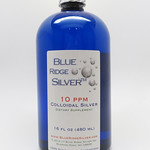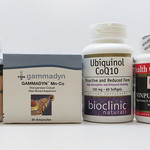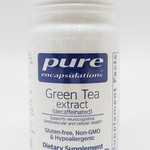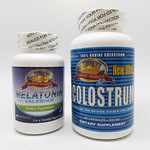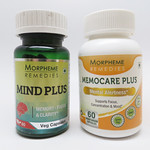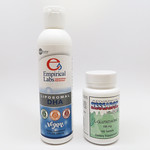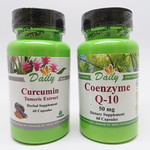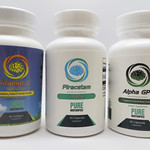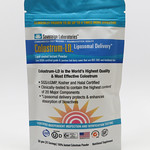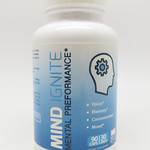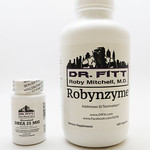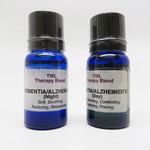Here is a great dementia resource for caregivers and healthcare professionals,
Follow alzheimersideas on twitter
The Dementia Caregiver's Little Book of Hope [Kindle Edition]
Your residents will love the Amazon Kindle Fire
Here is information on being the best caregiver you can be
Here is a way for nurses administrators, social workers and other health care professionals to get an easyceu or two
Which of these cause Alzheimer's:
1) Flu shots?
2) Aluminum?
3) Statin drugs?
See the latest research.
Video on Aluminum and Flu Shots
Statins
Researchers question whether there is substance to the US Food and Drug Agency's recent warning that statins could affect the memory, attention span and other cognitive abilities of people who take this drug to control high cholesterol. This follows a systematic review of 25 clinical trials incorporating nearly 47,000 people. It was led by Brian R. Ott, M.D., director of The Alzheimer's Disease & Memory Disorders Center at Rhode Island Hospital and professor at the Alpert Medical School of Brown University in the U.S. The review findings¹ appear in the Journal of General Internal Medicine², published by Springer.Since 2012, the FDA regulates that labels on statin packaging should warn that the drugs could change users' cognitive abilities. These cognitive changes could include attention span, problem solving, memory, and language or visuospatial abilities. The warning was based on surveillance and case reports, observational studies and randomized trials.
Subsequent reviews of available research have cast doubts on the cautionary stance taken by the FDA. Ott's team therefore set out to do a more comprehensive analysis using well-studied analysis methods. They scrutinized the data of 25 relevant randomized clinical trials that investigated a possible link between statin therapy and mental ability. Combined, these studies included the test results of 46,836 patients. Ott and his colleagues also contrasted and combined the results of 14 of these studies through a meta-analysis, which in total included 27,643 participants.
The review found no significant effect of statin use on the mental capacity of either people with normal brain functioning or even those with Alzheimers' disease. The results suggest that the FDA's statin warning should be re-evaluated. Ott also believes there is a need to investigate the reasons behind the differences in the review results and the initial reports on which the FDA warning was based. It could be that some of the mental changes that were reported in the case studies were the result of overdosing with statins.
The review findings are congruent with the 2013 safety statement made by the American College of Cardiology and the American Heart Association Cholesterol Guideline. It advises that patients on statins who seem to be confused or who might have memory problems should be evaluated for causes other than their cholesterol medication. This could include the use of other drugs or systemic and neuro-psychiatric causes.
The researchers believe that there is more benefit to be had by sticking to statin therapy to manage heart-related diseases and prevent strokes than worrying about the possible adverse mental effects of these drugs.
"We found no significant effects of statin treatment on cognition," concludes Ott. "Given these results, it is questionable whether the FDA class warning about potential cognitive adverse effects of statins is still warranted.."




